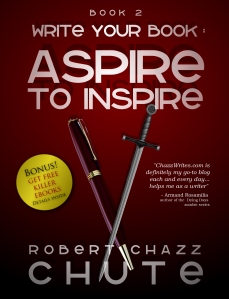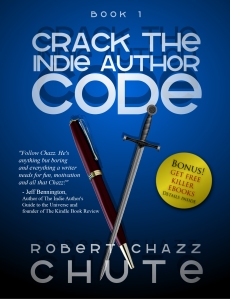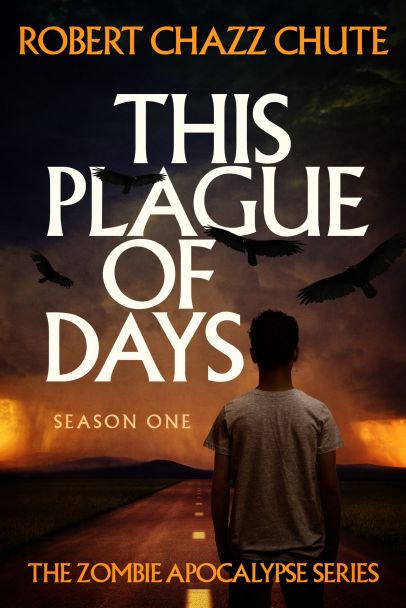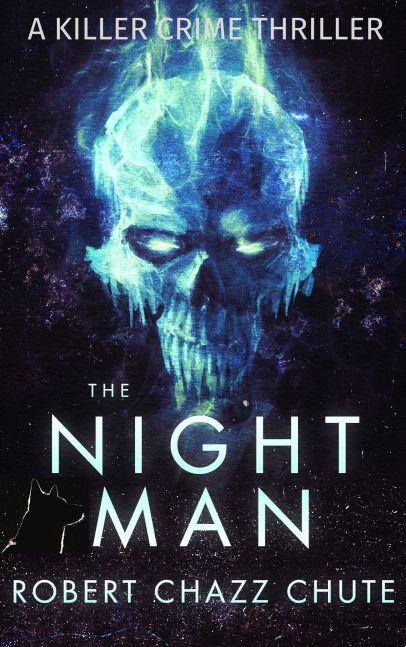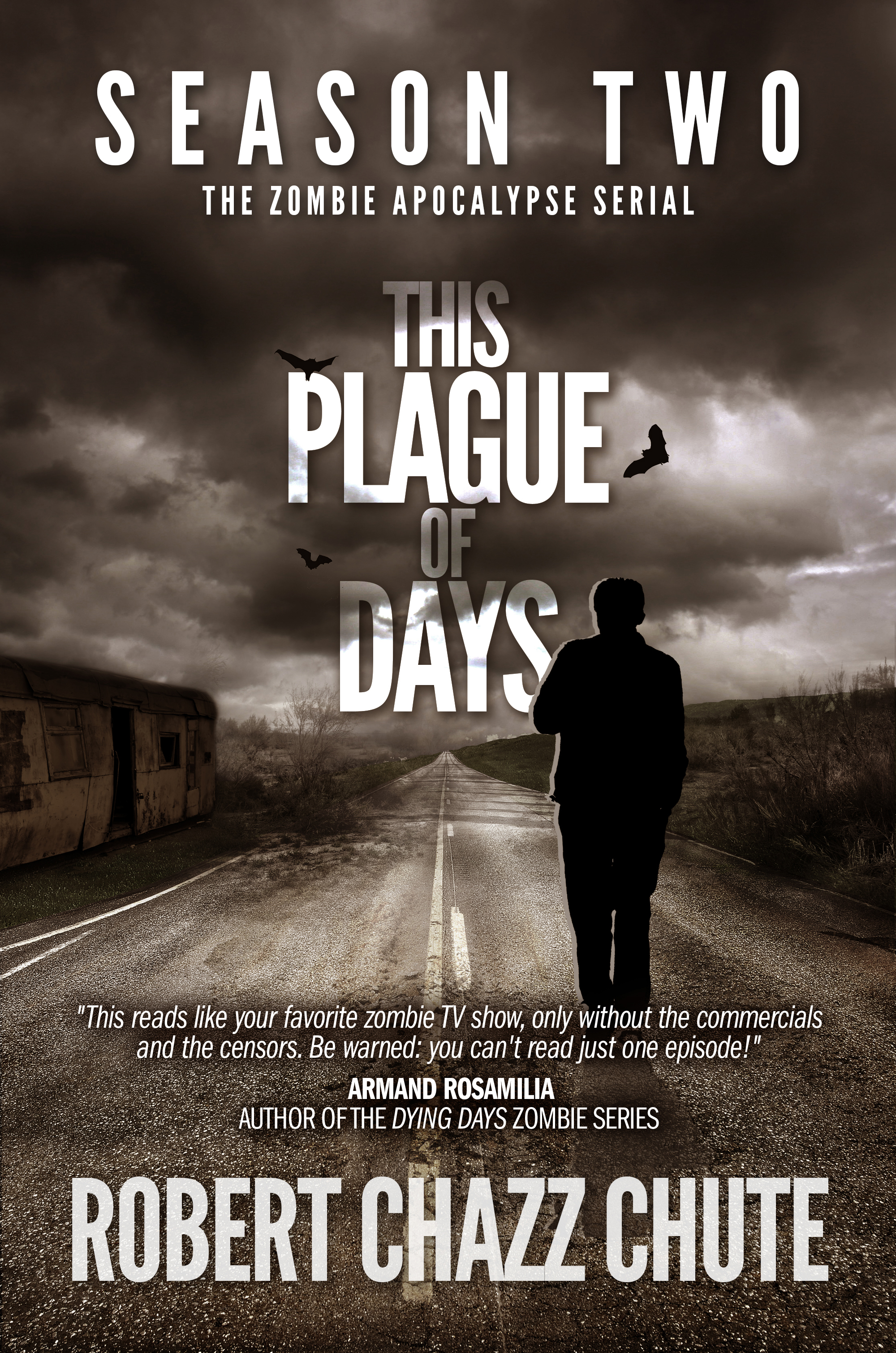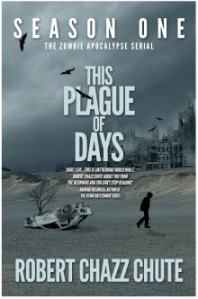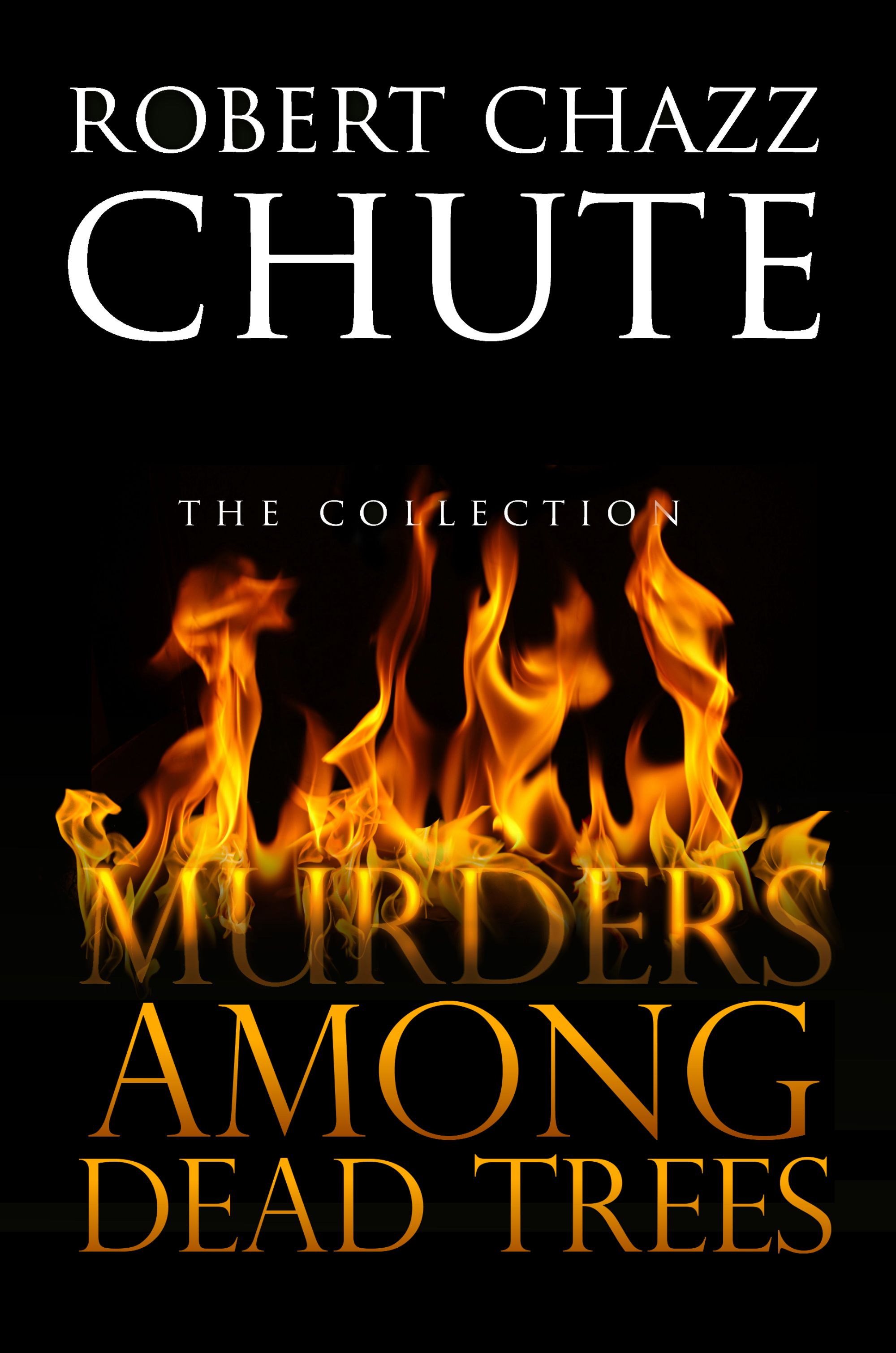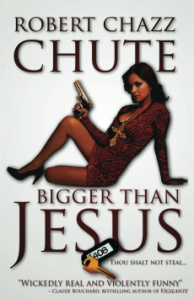Old marketing decreed:
Get everybody! Your sales quota must include all sentient species with a credit card in the known universe!
New world marketing responds:
Nope. Establish a base of just a bunch.
But the bunch has to be rabid and slavering for your next masterpiece, book, song, film, poem, service, comic, or sex toy.
In short, you need fans (as in fanatics.)
For self-publishers, everybody in your fan base starts out as a reader, but they won’t all join you on your journey and buy in to your revolution. A lot of people can’t even be bothered to cross the street to spit on you. Something I learned a long time ago was that I am not everyone’s cup of pee. (Note to non-fans: that’s a joke and a point, not a typo.) I learned that to build successful businesses or loving followings, I had to focus on the people who appreciate me and ignore the rest. Oddly, everyone knows the 80-20 Rule, but how many apply it to their lives?
Critics will sap you of time and energy if you pay them too much attention. A fellow writer got one bad review recently. All his reviews were overwhelmingly positive except for that one. That burned like a cigarette in the eye. That’s the key to understanding the dark side of Internet marketing. Yes, you can spread the word faster about a good thing. However, negative reviews can get a lot of attention, too, mostly from the author who serves as the critic’s target. In fact, several authors have observed a bandwagon effect among some reviewers and book bloggers. One bad review can lead to more bad reviews. Ironically, as Reena Jacobs observed recently, it may be worse not to be reviewed at all than to receive negative reviews. If readers love or hate your book, at least you’ve spurred a reaction. If you ignite no fire at all, that may be a bad sign.
Here’s what to keep in mind when you read something negative about your work:
1. People (who are not fans) are nastier on the net than they would ever dare in person. They aren’t talking to you as a person with feelings and aspirations. They’re having a conversation in their heads with the idiot they imagine you are. Cyberspace allows distance, anonymity and depersonalization. Your nice neighbour, that little old lady who gets your mail for you while you’re on vacation and bakes cookies at Christmas? If her favorite author kills off a regular series character, the old dear’s mind can curdle into that of a serial killer when she writes an Amazon review.
2. People (who are not fans) mistake your work for you and judge you along with the work. If one of your books, blog posts, comics etc.,… is not as good as the others (and inevitably that will be so) critics will make assumptions about you and your mental state. Don’t you mistake all of your work for you though. They’ll make it personal, but don’t fall for that trap. Unfortunately, because we wrap up the author’s persona with his or her book to sell it, we foster an absurd inseparability in people’s minds. For instance, when Deepak Chopra was on the road selling a natural health book and had the temerity to drink coffee (OH-MY-STARS-AND-GARTERS!) a reader tried to shame him for it. That little old lady was pissed.
3. People (who are not fans) are more likely to write something negative than positive. Look at all those letters to the editor in the newspaper. Not so many saying, “Good job!” are there? Now think of the five best books you’ve ever read. Go to Amazon. See those negative reviews of the books that changed your life? Are you starting to see the weight you should give negative reviews yet? This is a subjective business. Repeat that until it sinks in. (I’m still repeating it, too.)
4. People (who are not fans) say things for their own reasons that don’t necessarily have anything to do with you. Maybe they made a bad day and want to export it. Maybe junior high was tough and the Internet is where they get even with strangers. Review the beginning of the movie Wanted. Remember the “I’d feel sorry for you if you weren’t such a bitch, Janet” speech? Repeat as necessary. (If you’ve ever worked in a cubicle farm, that scene alone will make you leap off the couch and spill your Cheetos all over the floor.)
5. Maybe you gave the person (who is not a fan) a negative review and it’s payback time. Yes, this happens. Maybe you friended them on Facebook, but you weren’t fast enough about getting that friend confirmation done and they took offence. Who knows? Everyone take everything personally because we are all the stars of our own movies. This has nothing to do with your work, but your work gives an opportunity for nasty people to say something shitty. Some authors don’t read reviews at all because, they argue, “If I believe the good ones, I’d have to believe the bad ones, too.” These are very mature people I can’t relate to. I don’t personally know anyone with that much self-control. I envy their sagacity.
6. Negative reviews are easier to write than positive reviews. Snark is easy. Snark is even funny sometimes, but mean’s no good. And if you’re going to be at all mean, you better be twice as smart as you are mean. For instance, I enjoy listening to Slate’s Culture Gabfest podcast….but sometimes I wonder, “Do these people ever like anything?” People (who are not fans) enjoy being clever at your expense. That does not necessarily equal constructive criticism. Maybe it’s just bitchy. Or stupid or wrong. Or all three. In this part of the equation, it’s not about you or your work. It’s that some people’s only creative outlet is criticism. Some fleas think they are driving the dog.
7. People (who are not fans) hope you’ll fail so they can feel better about their failures…or that they failed to try at all. Doing nothing at all is a great way to avoid criticism. Except for that pesky self-loathing and the long darkness before dawn when the demons come to torture your dreams and stifle your soul’s breath. (Yes, I’m saying that being a loser is like sleep apnea and all the implied dangers of heart disease but without the medical attention and sympathy from friends and family.)
8. People (who are not fans) don’t have enough going on in their lives, but they’ve got lots of time to focus on you. Otherwise, why the hyperbole about how bad your book is? I love books, but it’s just a book review, not the Nuremberg trial. The way some reviewers go on, you’d think trying and failing to entertain or educate or pass the time was a hanging offence. Another friend got a bad review recently. The ebook she gave out was free. The level of criticism did not match the critic’s financial and emotional investment. This author was wise enough to ignore the naysayer because she knew the guy wasn’t in her fan base and never would be. So what? There are plenty of readers out there to be converted to your peculiar brand of evil jocularity.
9. People (who are not fans) may be right. Maybe you do suck. But you can’t think that and succeed. You can only try to do better. Forgive yourself. You are a work in progress. “Books are never finished,” Oscar Wilde said. “they are merely abandoned.” Only listen to the people you trust. There are too many variables in the skulls of strangers who are not your fans. Write to please yourself first and don’t listen to input from writers too much. To write is to do your thing. That’s one reason so many people keep writing despite insufficient recompense, Carpal Tunnel Syndrome and their parents’ bitter disappointment. (On the other hand, if every review is negative except the one from Mom, rethink.)
10. People (who are not fans) can be fickle. Tim Ferris, author of The 4 Hour Body, observed that a fan base has two extremes. At the top are the people who will follow you down the mouth of a cannon. At the bottom are haters who want to fire you out of said cannon. Ferris feels that the people at the extremes can switch places. Do something too different and some former fanatics will resist the new direction and even become haters. Be unexpectedly nice to your enemies and a few may come around to decide you are a worthy human being after all.
Or you could say “Screw ’em!”,
focus on the people who do get you
and move along briskly.
If you read all the way to here and hated the post, why did you read this far? It was too long a post for that nonsense. I will never understand that about haters. Don’t they have shit to do?
If you loved this post and it came at just the right time and you couldn’t have done without it…thank you. I love you for a selfish and stupid reason: You love something I wrote.
Filed under: publishing, Rant, Rejection, reviews, self-publishing, web reviews, Writers, writing tips, Art, Author, bad reviews, book, book review, constructive criticism, Criticism, ebook, fans, haters, Literature, non-fans, Pareto principle, Top 10, Top 10 lists, Top Ten

